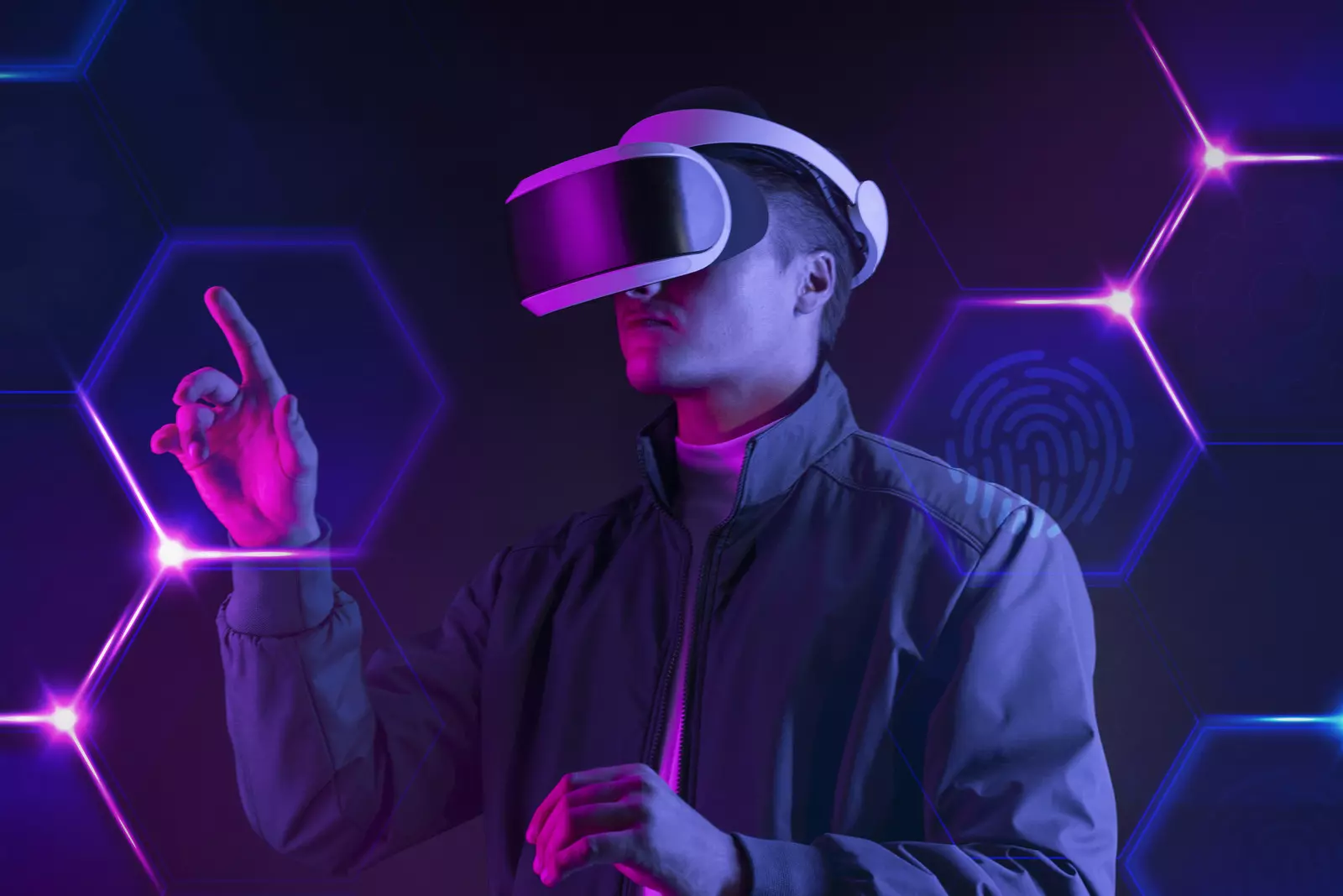By 2030, 700 million people will inhabit the metaverse. These digital worlds offer endless possibilities for human interactions and social transformations, but they also come with inherent threats. Without a deep understanding of the cultures and dynamics at play, we risk losing our ethical bearings. To fully grasp the human experience in the metaverse, we need to embrace new fields of social sciences such as digital anthropology.
Creating a metaverse that works for everyone
The metaverse promises to seamlessly blend our physical and virtual lives, as the digital world moves towards an immersive and interactive future where humans and artificial intelligence (AI) coexist (as glimpsed by ChatGPT). The challenge is creating virtual worlds that are truly inclusive and ethical.
The question of how to shape the metaverse was discussed at the World Economic Forum’s Annual Meeting in Davos in 2022 and in 2023, and twice Chris Cox, Chief Product Officer of Meta, framed the metaverse as merely a technical evolution of the internet, downplaying its potential social impact. Cox repeatedly described it as simply “the internet, but less flat”. In contrast, Tom Boellstorff, a pioneering anthropologist exploring metaverse-like worlds, has called for an open the debate about what the metaverse is, recognizing how its definition will mould new social norms and standards.
source: https://www.weforum.org/agenda/2023/03/digital-anthropology-leaders-navigate-metaverse/
